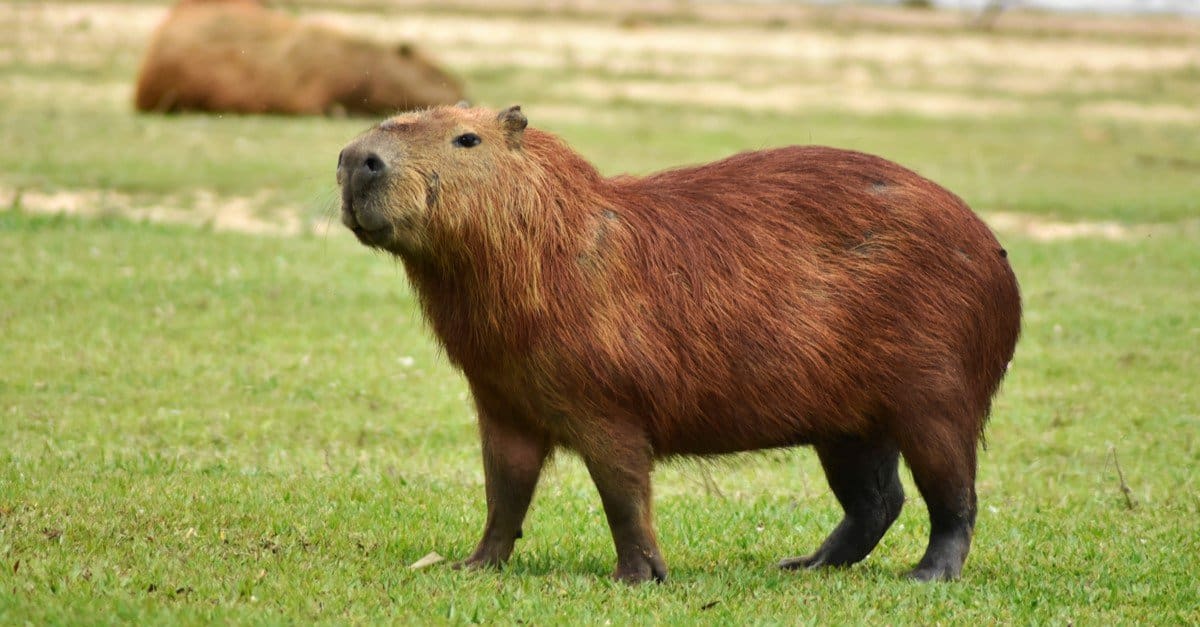So you’ve decided that you want to buy a capybara – those adorable creatures that resemble a mix between a giant guinea pig and a small hippopotamus. But where do you even begin? Don’t worry, we’ve got you covered. In this article, we’ll walk you through the essential steps to becoming a proud capybara owner, from finding reputable sellers to preparing the perfect home for your new furry friend. Whether you’re an experienced pet owner or new to the world of exotic pets, we’ll make sure you have all the information you need to embark on this delightful capybara adventure.
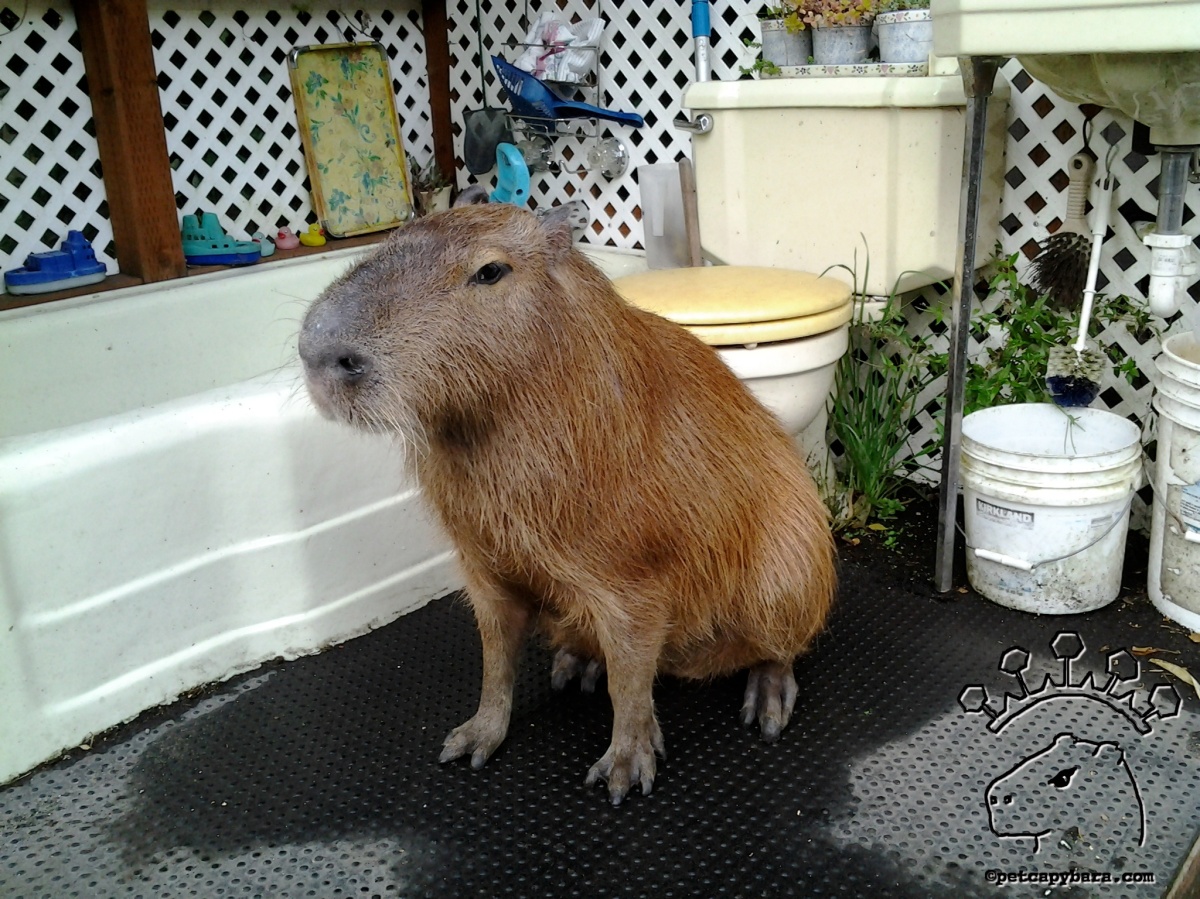
Researching Capybaras
Understanding Capybaras
Before delving into the process of buying a Capybara, it is crucial to understand these unique creatures. Capybaras, scientifically known as Hydrochoerus hydrochaeris, are the largest rodents in the world. Native to South America, these semi-aquatic mammals are known for their friendly and docile nature. With a lifespan of up to 12 years in captivity, Capybaras require a considerable time commitment and dedicated care.
Legality and Regulations
It’s essential to be well-versed in the legalities and regulations surrounding Capybara ownership before moving forward with the process. While owning Capybaras is legal in certain areas, it is crucial to research the local laws and regulations specific to your location. They may be classified as exotic pets, requiring permits or licenses. Familiarizing yourself with the legal framework will help you avoid any potential issues down the road.
Capybara Characteristics
To ensure that a Capybara is the right fit for you, it is essential to understand their unique characteristics. Capybaras are highly social animals and thrive in environments where they can interact with other Capybaras or even different species. They are also semi-aquatic animals, requiring access to shallow water for swimming and maintaining their thick fur.
Preparing for a Capybara
Space and Habitat
Creating a suitable living space for your future Capybara is crucial for their happiness and well-being. Capybaras require ample space to move around comfortably. An ideal outdoor enclosure should have at least a quarter-acre of land and a pool or pond for their aquatic needs. Additionally, providing them with a temperature-controlled indoor space is essential as they are not well-suited for extreme temperatures.
Social Needs
As highly social animals, Capybaras thrive when they have the opportunity to interact with others. It is advisable to buy at least two Capybaras to ensure they have companionship. If unable to provide them with another Capybara, sufficient human interaction can serve as a substitute. Daily socialization and playtime are critical for their mental and emotional well-being.
Diet and Nutrition
Understanding the dietary needs of Capybaras is essential to keep them healthy. Their diet mainly consists of grasses, hay, and fresh vegetables. Supplementing their diet with commercial Capybara-specific pellets will ensure they receive all the necessary nutrients. It is crucial to maintain a balanced and varied diet, consulting with a veterinarian specializing in exotic pets for guidance.
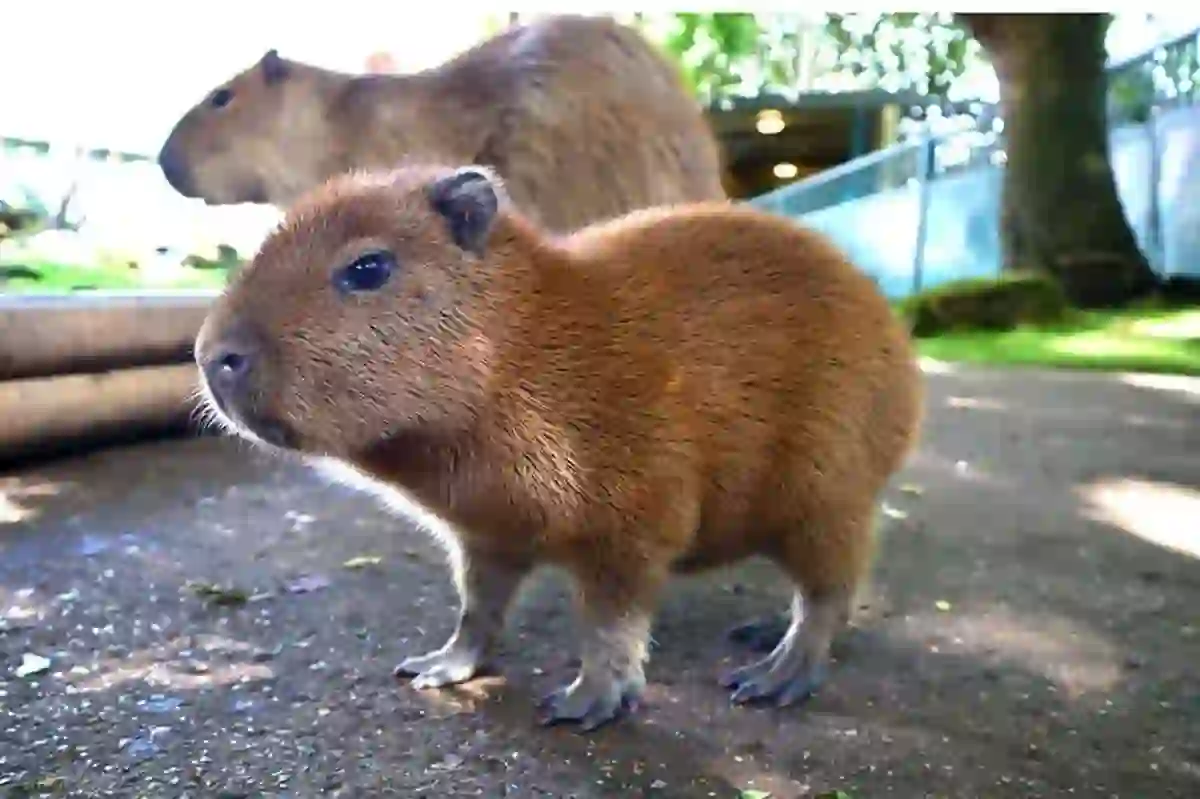
Finding a Reliable Seller
Personal Connections and Networks
One of the best ways to find a reliable seller is by leveraging personal connections and networks. Reach out to local exotic animal enthusiasts, pet communities, or online forums dedicated to Capybara ownership. These communities often have reputable sellers who are knowledgeable and experienced in selling Capybaras. Personal recommendations can provide valuable insights into the reputation and professionalism of potential sellers.
Exotic Animal Dealers
Another option is to explore exotic animal dealers or breeders specializing in Capybara sales. When dealing with dealers, it is vital to research their reputation, years of experience, and the conditions in which they house their animals. Reputable dealers will prioritize the ethical treatment and care of their Capybaras, ensuring that they are healthy and well-socialized.
Legal and Ethical Considerations
When choosing a seller, it is crucial to consider the legality and ethics surrounding their practices. Ensure that the seller complies with all relevant local laws and regulations regarding Capybara breeding and sales. Ethical considerations such as breeding practices, animal welfare, and the seller’s transparency regarding the animal’s history should also factor into your decision-making process.
Assessing Capybara Health
Finding a Veterinarian
Just like any other pet, Capybaras require regular veterinary care to maintain their health. It is essential to find a veterinarian with expertise in treating exotic animals, specifically Capybaras. Reach out to local exotic pet communities or consult with reputable breeders for recommendations. Regular veterinary check-ups will help ensure that your Capybara remains healthy and catches any potential health issues early on.
Understanding Common Health Issues
Being aware of common health issues Capybaras may face is crucial for their well-being. These can include skin conditions, dental problems, or nutritional deficiencies. Regularly monitoring their behavior, appetite, and overall appearance can help you detect any potential health concerns promptly. Educating yourself about proper Capybara care and regularly consulting with a veterinarian will help keep your Capybara healthy and happy.
Checking for Signs of Good Health
When purchasing a Capybara, it is essential to assess the animal’s overall health. Look for signs of vibrant fur, clear and bright eyes, and healthy weight. They should have a curious and alert demeanor, exhibiting an inquisitive nature. Ensure their teeth are well-maintained and their skin is free of any sores or irritations. A healthy Capybara will demonstrate a content and active disposition.
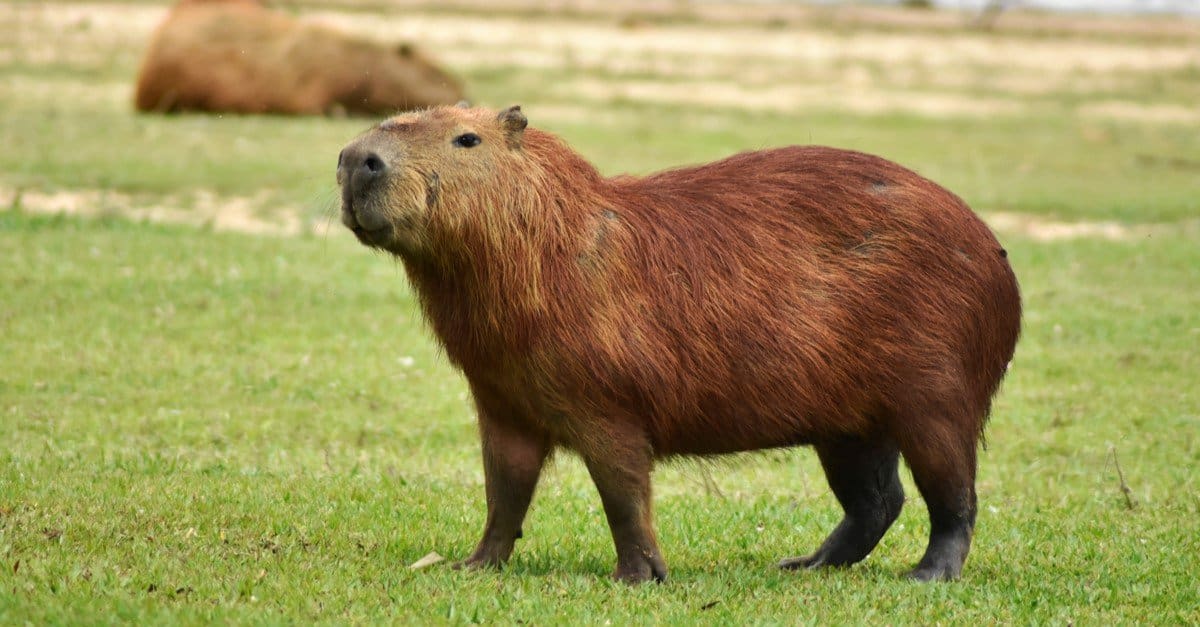
Interacting with Capybara Breeders
Visiting Breeder Facilities
Before committing to purchasing a Capybara, it is advisable to visit the breeder’s facilities in person. This visit will provide an opportunity to assess the breeder’s practices and the conditions in which the Capybaras are kept. Observe the cleanliness of the pens or enclosures, the overall health and appearance of the Capybaras, and their level of socialization. A reputable breeder will be open to showcasing their facility and answering any questions you may have.
Asking the Right Questions
When interacting with Capybara breeders, it is crucial to ask the right questions to gain a comprehensive understanding of their practices and the Capybaras they sell. Inquire about the Capybara’s age, medical history, and any known behavioral issues. Ask about the breeder’s experience with Capybara breeding and their commitment to the animals’ welfare. Obtain information about the parents’ lineage to ensure the Capybara has a healthy genetic background.
Contracts and Guarantees
A reputable Capybara breeder should be willing to provide a contract or guarantee detailing the terms of the purchase. This contract can outline any warranties, health guarantees, or return policies in case of unforeseen circumstances. Reading the contract thoroughly and discussing any concerns with the breeder will ensure that both parties have a shared understanding of the responsibilities and expectations.
Choosing the Right Capybara
Age and Gender Considerations
When choosing a Capybara, consider the age and gender that best suits your situation and preferences. Young Capybaras require significant time and effort in socializing and training, while older Capybaras may have established behaviors that can be more challenging to modify. Additionally, consider the dynamics of adding a male or female Capybara to your existing cohort, as it can impact social dynamics.
Temperament and Compatibility
Capybaras, like any other animal, have unique temperaments and personalities. Whether you are looking for a more docile and calm Capybara or one that is more outgoing and adventurous, it is crucial to observe their behavior and interact with them before making a decision. Additionally, ensure compatibility with any existing pets or animals you have in your household.
Physical Appearance
While the physical appearance of a Capybara may not be the sole deciding factor, it is still an important consideration. Look for a Capybara with a well-defined body structure, thick and shiny coat, and healthy teeth and nails. Aesthetics are subjective, so choose a Capybara that you find visually appealing and represents the breed’s characteristic features.
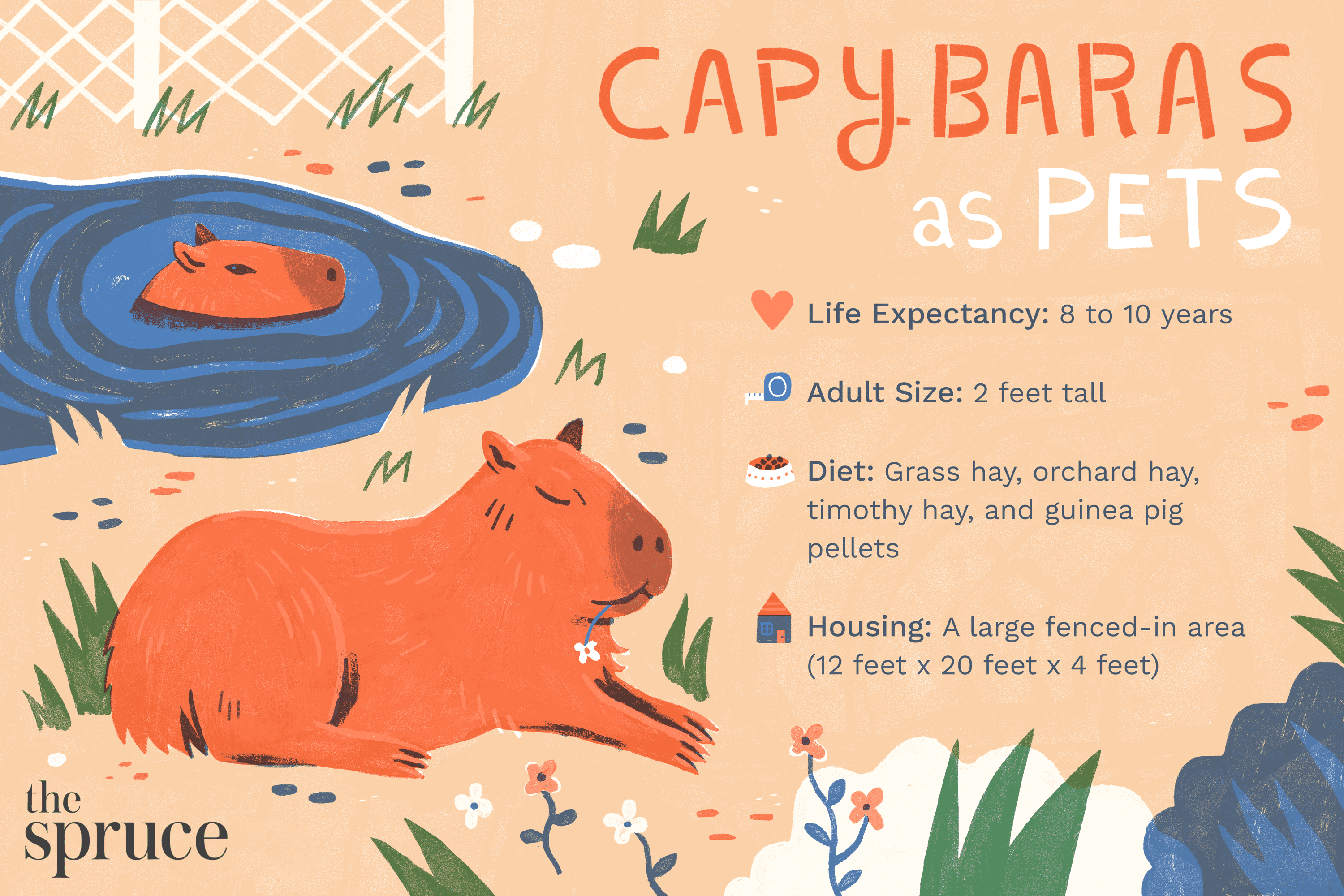
Caring for a Capybara
Housing and Enclosure Setup
Providing a suitable housing and enclosure setup is crucial for the well-being of your Capybara. Outdoor enclosures should include secure fencing, a pool or pond, areas for shade, and plenty of vegetation. Indoor enclosures should contain a shallow water source, soft bedding, and ample space for movement. Ensuring a temperature-controlled environment and regularly cleaning the enclosure will contribute to their comfort and health.
Daily Care Routine
Capybaras have specific daily care requirements that should not be overlooked. Their daily routine should include regular feeding, ensuring access to clean drinking water, cleaning their enclosure, and addressing any grooming needs. It is vital to establish a consistent care routine to provide structure and stability for your Capybara.
Enrichment and Entertainment
To prevent boredom and promote mental and physical stimulation, it is important to provide enrichment and entertainment for Capybaras. This can include toys, puzzles, and foraging activities that encourage their natural behaviors. Additionally, spending quality time with your Capybara through interactive play and socialization will contribute to their overall well-being.
Training and Socializing
Establishing Trust and Bonding
Building trust and establishing a bond with your Capybara is a fundamental part of training and socializing. Spend regular, quality time with your Capybara, using positive reinforcement techniques to reward desired behaviors. Patience, consistency, and understanding their individual preferences are key to earning their trust. By nurturing a strong bond, you can create a harmonious relationship with your Capybara.
Basic Commands and Behaviors
Training your Capybara to respond to basic commands and display desired behaviors is essential for their safety and your convenience. Teach them commands such as “come,” “sit,” and “stay” using rewards and positive reinforcement. Additionally, discourage undesirable behaviors by redirecting their attention and providing appropriate alternatives. Consistency and repetition are key to successful training.
Introducing to Other Pets
If you have other pets in your household, introducing them to your Capybara should be done gradually. Allow them to interact under supervised conditions and carefully monitor their behavior. Start with short, controlled introductions and gradually increase the duration and level of interaction. Keep in mind that not all pets may be compatible with Capybaras, so prioritize their safety and well-being.
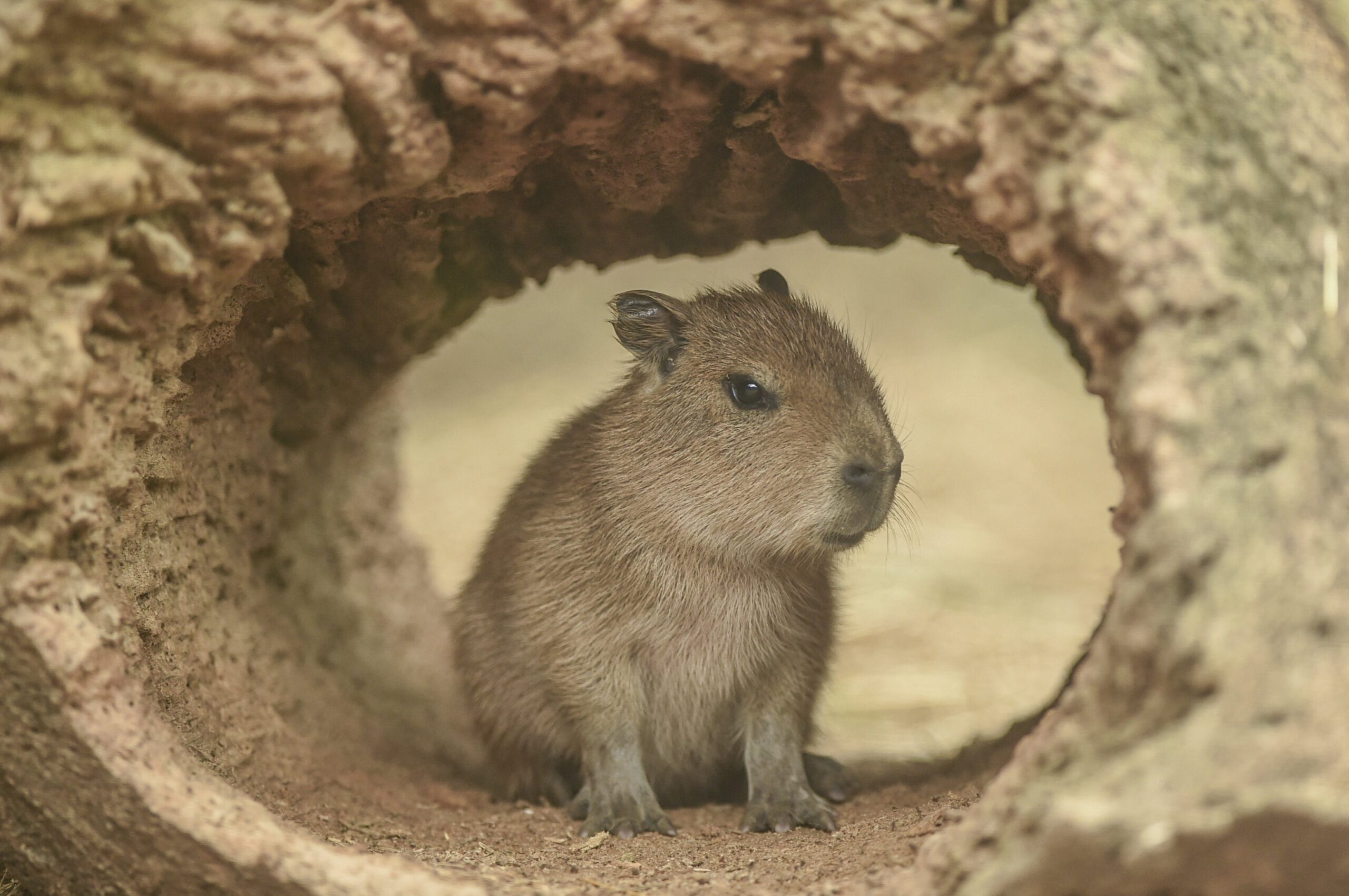
Legalities and Permits
Local Laws and Regulations
Before bringing a Capybara into your home, it is essential to familiarize yourself with the local laws and regulations surrounding their ownership. Some areas may require permits or licenses, while others may have specific restrictions or guidelines regarding housing and care. Complying with these laws will not only avoid potential legal issues but also ensure the well-being of your Capybara.
Permitting Process
If permits or licenses are required, it is crucial to understand the process involved. Research the specific requirements, fees, and documentation needed to obtain the necessary permits. Some jurisdictions may require inspections or proof of specialized Capybara care knowledge. Engaging with the appropriate authorities and following the permitting process diligently will ensure a smooth and legal transition for your Capybara.
Additional Legal Considerations
Beyond permits and licensing, it is essential to consider other legal aspects when owning a Capybara. This may include liability insurance, zoning requirements, and reporting obligations. Consult with local legal professionals or animal control agencies to ensure you are fully aware of all legal obligations and responsibilities associated with Capybara ownership.
Costs and Expenses
Initial Purchase Price
The cost of purchasing a Capybara can vary depending on various factors such as age, gender, and the reputation of the seller. Generally, Capybaras can range from several hundred to several thousand dollars. Keep in mind that other expenses, such as permits, enclosure setup, and veterinary care, need to be factored into the overall cost.
Housing and Enclosure Costs
Providing appropriate housing and enclosure setup for your Capybara comes with associated costs. This can include fencing, a pool or pond, vegetation, temperature control measures, and regular maintenance. Depending on the size and complexity of the enclosure, these costs can range from hundreds to several thousand dollars.
Veterinary Care and Maintenance
Regular veterinary care is crucial for maintaining the health and well-being of your Capybara. This includes annual check-ups, vaccinations, and any necessary medical treatments. It is important to budget for these expenses, which can range from hundreds to thousands of dollars annually. Additionally, ongoing maintenance such as food, bedding, and toys should also be factored into your budget.
In conclusion, buying a Capybara is an exciting endeavor that requires thorough research, careful planning, and a commitment to their unique care needs. By understanding their characteristics, ensuring a suitable habitat, finding a reputable seller, assessing their health, and fulfilling legal requirements, you can have a fulfilling and rewarding relationship with these remarkable creatures. Invest the time and effort to provide a loving and enriching environment, and you will be rewarded with the companionship of a friendly and fascinating Capybara.

